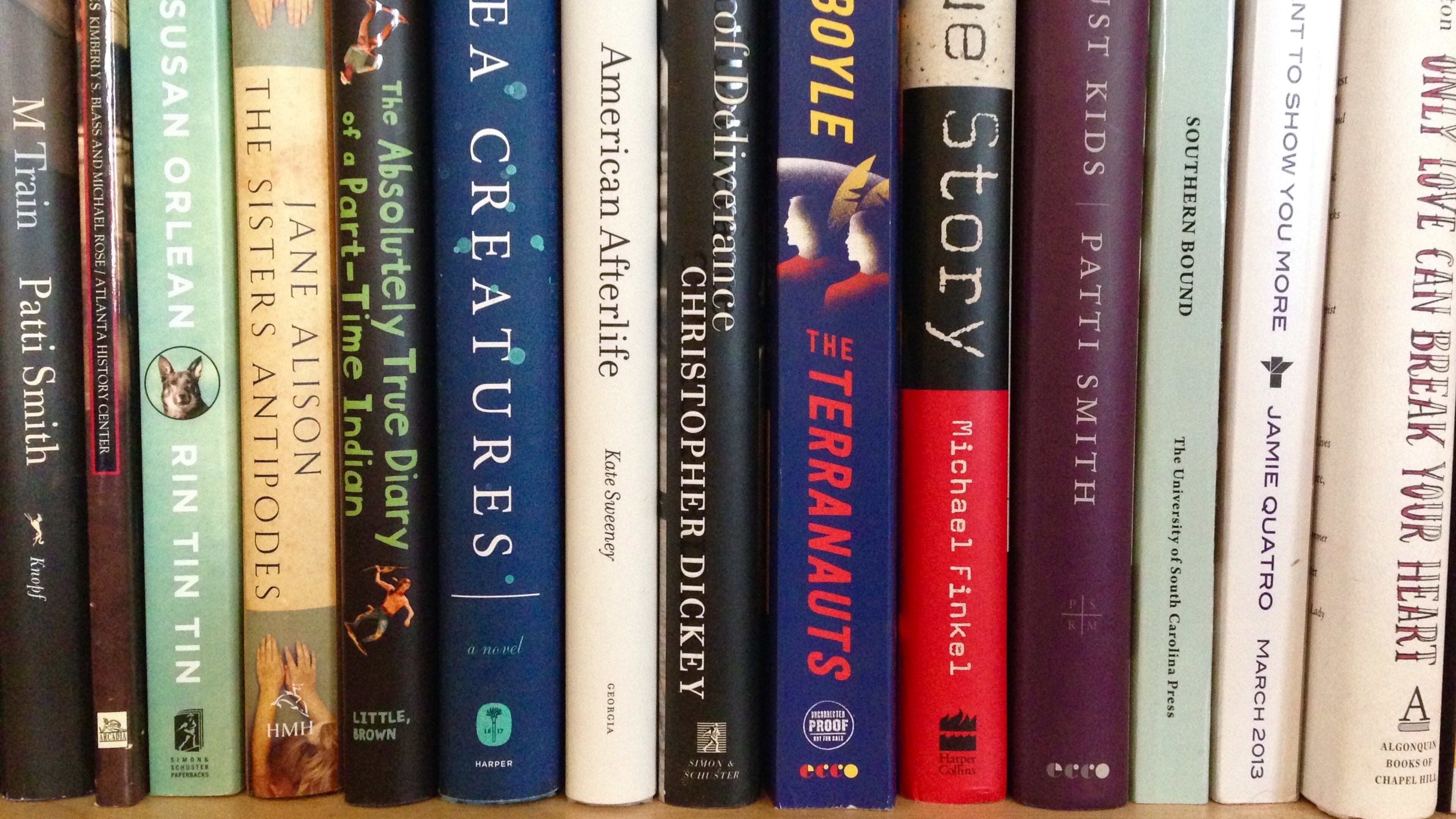‘Brother Moochie” an ambitious, uneven look at prison system and race.

Our heroes don’t have to die for us to lose them. When Issac Bailey was 9, his beloved brother Herbert Lee Bailey, known as Moochie, killed a man. Moochie stabbed poor James Bunch two dozen times during a botched robbery in the man’s own home. Moochie, an African-American, was 22 and high as a box kite at the time. The victim was a white shop owner who seemed to have no enemies of any race. Given that this was South Carolina in 1982, Moochie was lucky to avoid the death penalty through a plea bargain, ending up instead with a life sentence.
Just like that, Moochie was gone, swallowed up by prison like so many black men. Yet his presence radiated throughout the troubled Bailey household, with some of his younger brothers using him as a model for their own criminal conduct. In "My Brother Moochie," Issac Bailey tries to make sense of Moochie's resonance in his family's life, even as the author tries his hardest to chart a different, healthier path. The books fuses Bailey's memoir with the investigation of his brother's crime, reportage about the American prison industrial complex and its grip on black people, the lingering effects of poverty on African-American communities, and meditations on race in America.
The book is nothing if not ambitious. As Bailey tries to interweave all of those strands, however, his brother Moochie becomes a lost thread in what’s ostensibly his own story. Though the book reveals Moochie in glimpses through letters home to his family, dialogues transcribed from Issac’s infrequent visits to prison and periodic parole board hearings, those glimpses are rare and fleeting.

Issac, a stutterer trying to survive being black and poor himself, spends more time relaying his own struggles as a budding journalist. He’s deeply self-conscious about his speech affliction, his blackness and his guilt by association with his brother. So Moochie disappears for large chunks of the book. At the very end of a chapter detailing Issac’s college forays into writing and lecturing, he writes, “While I was traveling that winding road to find my true voice, Moochie was losing his.” It’s almost as if Issac is reminding himself, and the reader, of his brother’s existence in this book.
When Moochie is present, he’s presented as a caricature of black nationalism, an ideology that Moochie is exposed to in prison. While talking with his brother, Issac spends a lot of time challenging Moochie’s radicalism but considerably less energy examining where it might come from, and if there’s any truth in what Moochie says about the school-to-prison pipeline for black men.
Make no mistake: Moochie Bailey killed James Bunch. Issac’s investigation reveals this without a doubt. Still, it’s curious and frustrating that Issac works so hard to find and interview Bunch’s family, seeking their forgiveness for residual guilt, while passively dismissing his brother’s struggles. As a result, Moochie never comes across as a complicated human being. I can’t imagine that this was Issac Bailey’s intent, but, without such nuance (and with Moochie leaving the book for long stretches), that’s what happens. Bailey makes his brother, in some ways, into the stereotypical black marauder.

The book’s final pages attempt to dismantle stereotypical perceptions associated with Pres. Trump supports while not excusing their political and racial views. “When they declare they are not racist, they should be believed,” Bailey writes. “The problem is that they support policies and politicians that clearly hurt people of color anyway.” This long section makes me wonder why he doesn’t allow for similar nuance when Moochie exhorts him to read Assata Shakur, George Jackson and Mumua Abu-Jamal.
For that matter, I wish “My Brother Moochie” had a firmer intellectual grounding of racism beyond people’s individual beliefs, and rooted instead into the systemic policies and actions that disproportionately affect black Americans. The assertion that people aren’t racist just because they don’t use racial slurs — even if they support discriminatory policies against African-Americans — has long been challenged by a wide range of black thinkers like Michelle Alexander, Imani Perry, bell hooks and Angela Davis.
All of these women, among others, have studied and written extensively about African-Americans and the prison system. Because it appears Issac Bailey hasn’t engaged with them much at all, even if to disagree with them, “My Brother Moochie” is less compelling and complex about race than it could be. In fact, thinking of women, this book might have been more forceful and contemplative if Bailey had used his mother as its central force rather than his elusive brother. After all, Moochie’s crime transformed her, too. She became an advocate for the dispossessed, wayward, down-and-out black men in her immediate community, funneling them through her trailer home (which became a sort of halfway house), inviting them into her family and environs.
She grieved her son’s heinous act and lamented his prison time while never losing sight of the circumstances that got him there. She survived a husband — Issac and Moochie’s father — who beat her so mercilessly that she ended up on disability, but she still had the fortitude to empathize with and work for the welfare of black men. More than Moochie, she’s the lens through which Issac Bailey could have viewed race in America and the struggles of his own life. She’s the true hero of this book — or, at least, she should have been.
NONFICTION
‘My Brother Moochie: Regaining Dignity in the Face of Crime, Poverty, and Racism in the American South’
by Issac J. Bailey
Other Press
304 pages, $25.95

